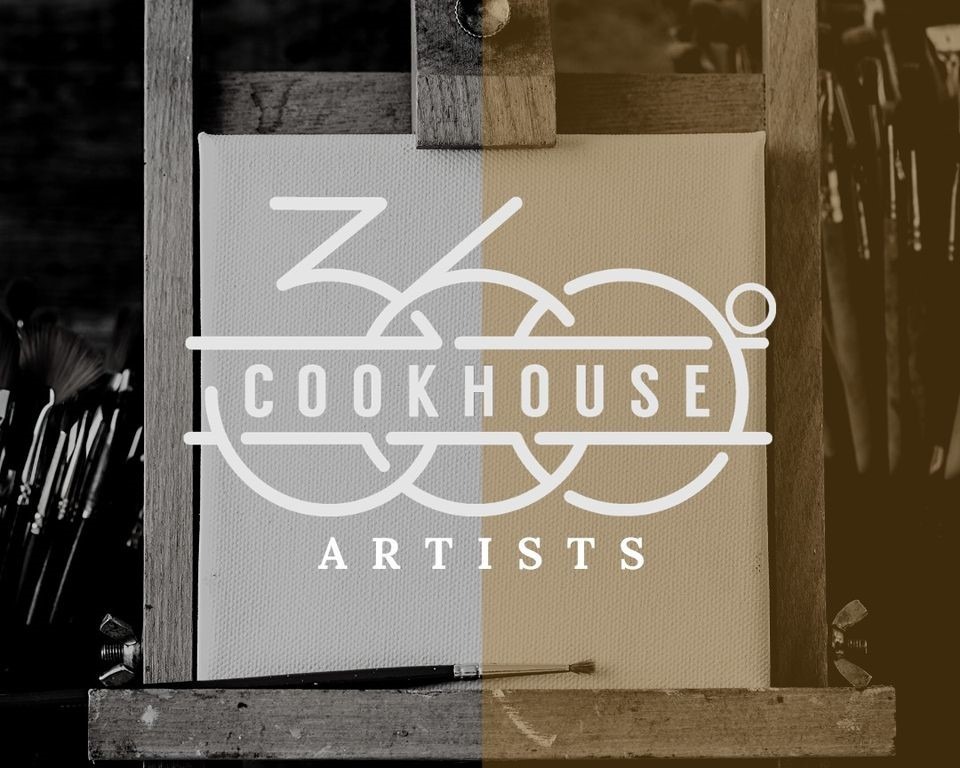Vincent Pettit was always going to be a restauranteur. It’s in the blood. His late father Brendan owned the Clonmel Arms Hotel; along with his brother Michael, he worked there as a young man. Vincent left for the US in the 1990s where he worked in the restaurant industry. Michael went to Holland, where he opened a bar and restaurant. The brothers returned to Ireland within six months of each other in 1999 and took over their first restaurant together – The Mill in Dungarvan. Since then they’ve sold one restaurant at the top of the market, opened two delicatessens…
Cancel at any time. Are you already a member? Log in here.
Want to read the full story?
Unlock this article – and everything else on The Currency – with an annual membership and receive a free Samsonite Upscape suitcase, retailing at €235, delivered to your door.

